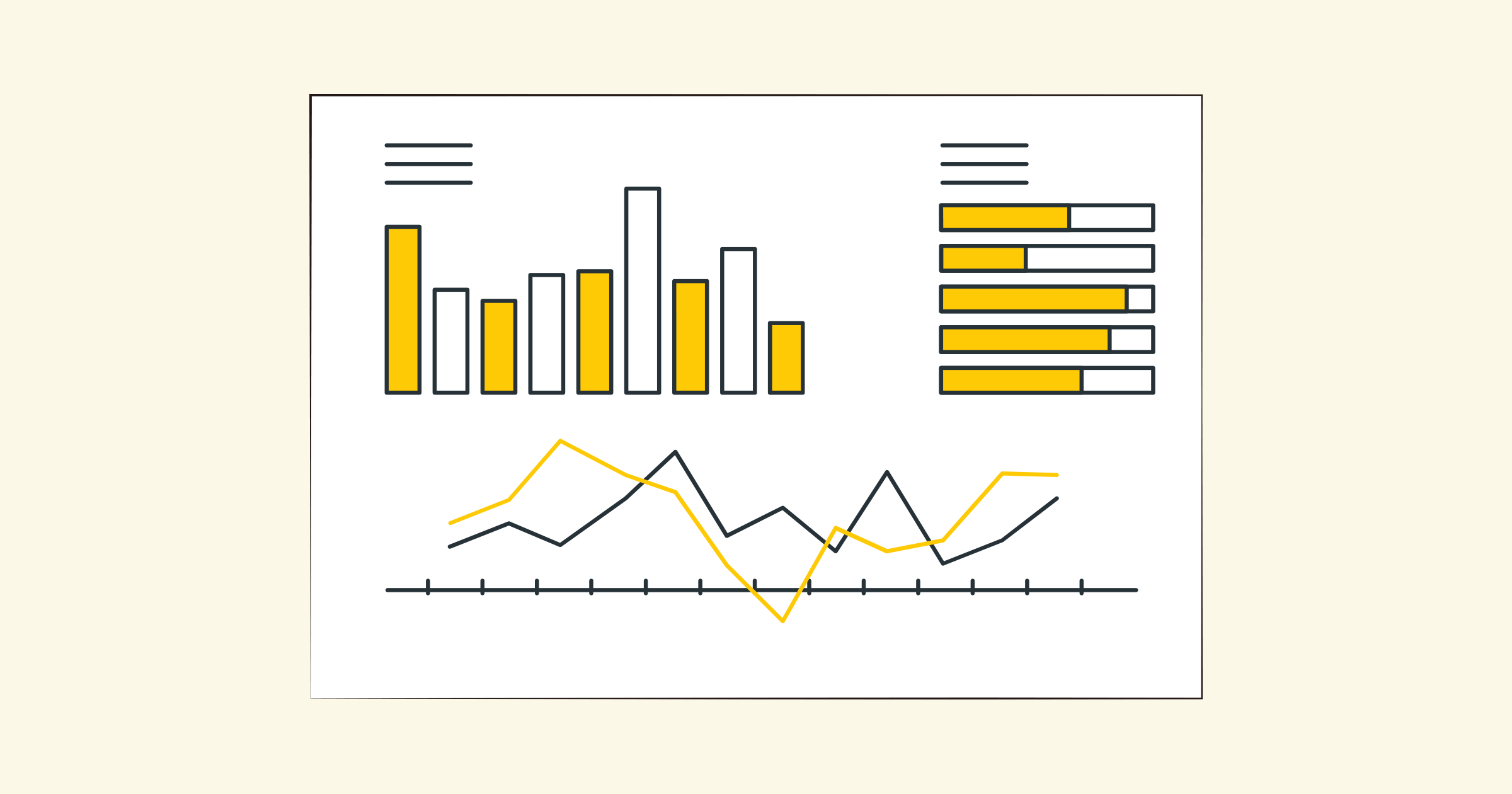What is AD verification
AD verification is an important advertising tool for digital advertisers, which can help advertisers ensure that their ads are more effective and accurate, and ensure that the ads are delivered to meet their expectations. Advertising proxy can help them complete localized AD verification and AD vendor verification, protect their advertising brand and prevent AD fraud.
What is AD fraud
Advertising fraud is the deliberate fabrication of goods or services, or the concealment of the truth. Scammers often use bots to commit AD fraud, but not always; Scammers can use a variety of ways to induce advertisers and AD networks to pay them. AD fraud using bots is usually click fraud.
AD fraud refers to any attempt to defraud a digital advertising network for financial gain. Scammers often use bots to commit AD fraud, but not always; Scammers can use a variety of ways to induce advertisers and AD networks to pay them. AD fraud using bots is usually click fraud.
Common types of advertising fraud
Click fraud: This is when fraudsters artificially increase the number of clicks on an AD by using bots or other automated means.
Display fraud: This is the practice of fraudsters to generate revenue through false display advertisements.
Fake installation: This is the practice of fraudsters to generate revenue by falsely installing applications.
Traffic hijacking: This is the act of fraudsters redirecting AD traffic to their own website or app.
The harm caused by advertising fraud
AD fraud can have a significant impact on advertisers, publishers and AD networks. It can cause advertisers to lose money, publishers to lose revenue, and damage the reputation of AD networks
Why is advertising proxy so important and what does it do?
Advertising proxy plays an important role in the advertising industry. For advertisers, advertising agencies help customers complete the various matters of advertising, including opening accounts, helping customers operate, helping customers place ads, etc. The existence of advertising proxy is to meet the needs of the division of labor and specialization of the advertising industry, to help the media to weigh the advantages and disadvantages of direct marketing and proxy, and to better serve customers of different sizes, cities and advertising categories.
A network of residential proxy can help verify ads in the following ways:
1. Bypass geographic restrictions
AD verification companies often need to visit publisher websites from different geographic locations to verify AD placement. The residential proxy network can provide IP addresses from around the world, enabling AD verification companies to bypass geographic restrictions and access any website.
2. Hide your true identity
If an AD verification company uses its real IP address to access a publisher's website, fraudsters may detect it and block them. A network of residential agents can hide the true identity of AD verification companies, allowing them to more effectively identify and block AD fraud.
3. Simulate real user behavior
The residential agent network can simulate the behavior of real users, such as using browser cookies and JavaScript. This helps AD verification companies more accurately verify AD displays and clicks.
4. Collect data
A network of residential agents can be used to collect data about the placement of advertisements. This data can be used to analyze AD performance and improve AD delivery strategies.
What is AD verification?
AD verification is a process that allows advertisers to check that their ads are displayed in the right context, on the right website, in the right area of the website, and seen by the right audience. This process is typically deployed with ads via validation tags or beacons to analyze a publisher's page content, and then an AD validation provider provides performance reports to the advertiser or proxy, including details about AD placement, audience, engagement, and more. Doing advertising verification in this way helps to save advertising budgets and improve the efficiency of advertising campaigns.
How can AD proxy networks help with verification
AD proxy networks can help with verification in the following ways:
1. Provide data and analysis
AD proxy networks can provide data and analytics about AD placement. This data can be used to verify that ads are delivered as intended and are effective.
2. Help develop validation strategies
AD proxy networks can help advertisers develop AD verification strategies. This includes determining what to validate and how to do it.
3. Implement the verification solution
AD proxy networks can help advertisers implement AD verification solutions. This includes the use of AD verification tools and techniques.
4. Manage the verification process
AD proxy networks can help advertisers manage the AD validation process. This includes monitoring AD delivery and making adjustments as needed.
Here are the specific verification services that AD proxy networks can provide:
AD Placement verification: Verify that the AD is on the right site, in front of the right audience, and at the right date and time.
AD effectiveness verification: Verify that the AD is effectively producing the desired effect.
AD Fraud verification: Verify that an AD has been affected by fraud.
AD proxy networks can help advertisers validate more effectively and ensure that their AD delivery meets expectations.





























